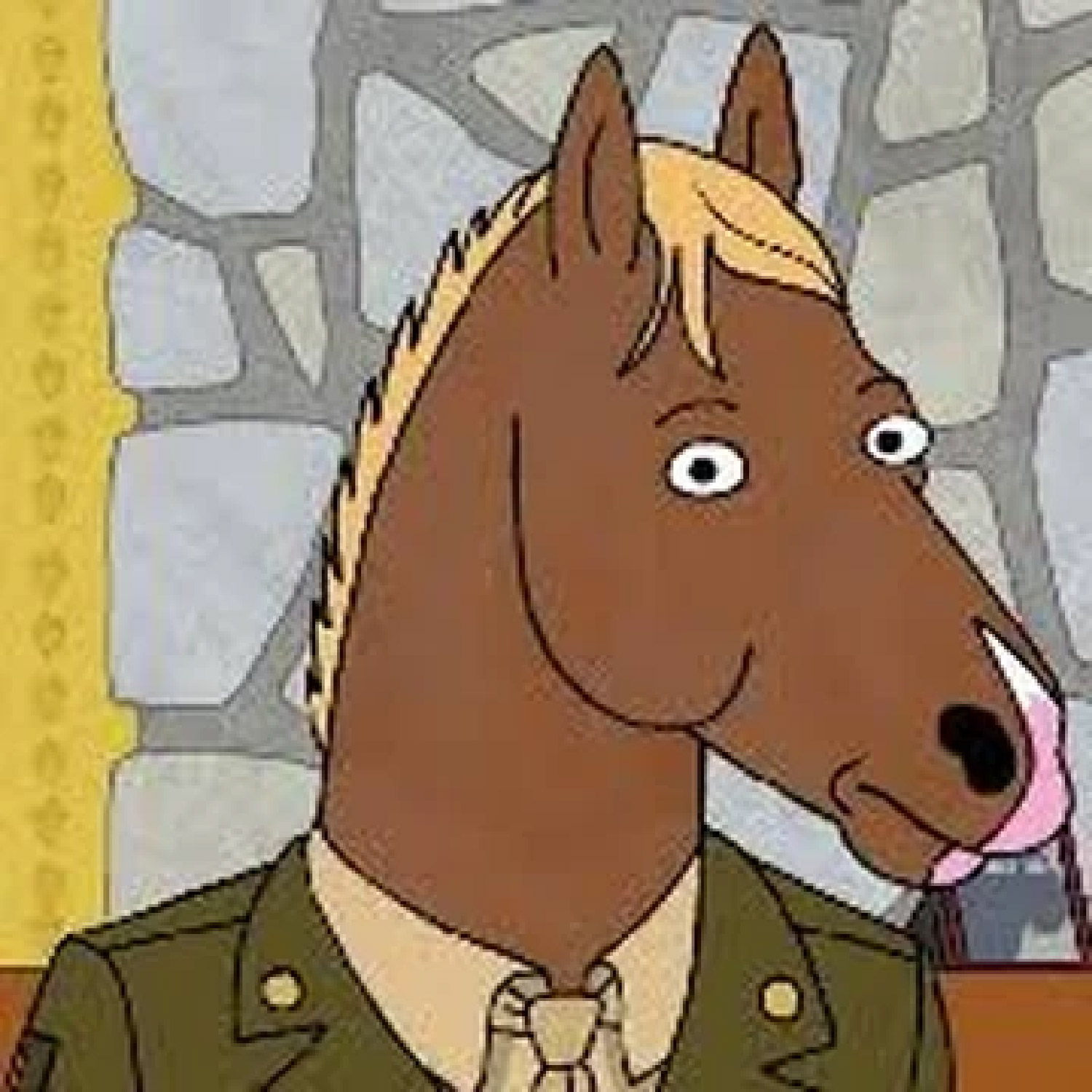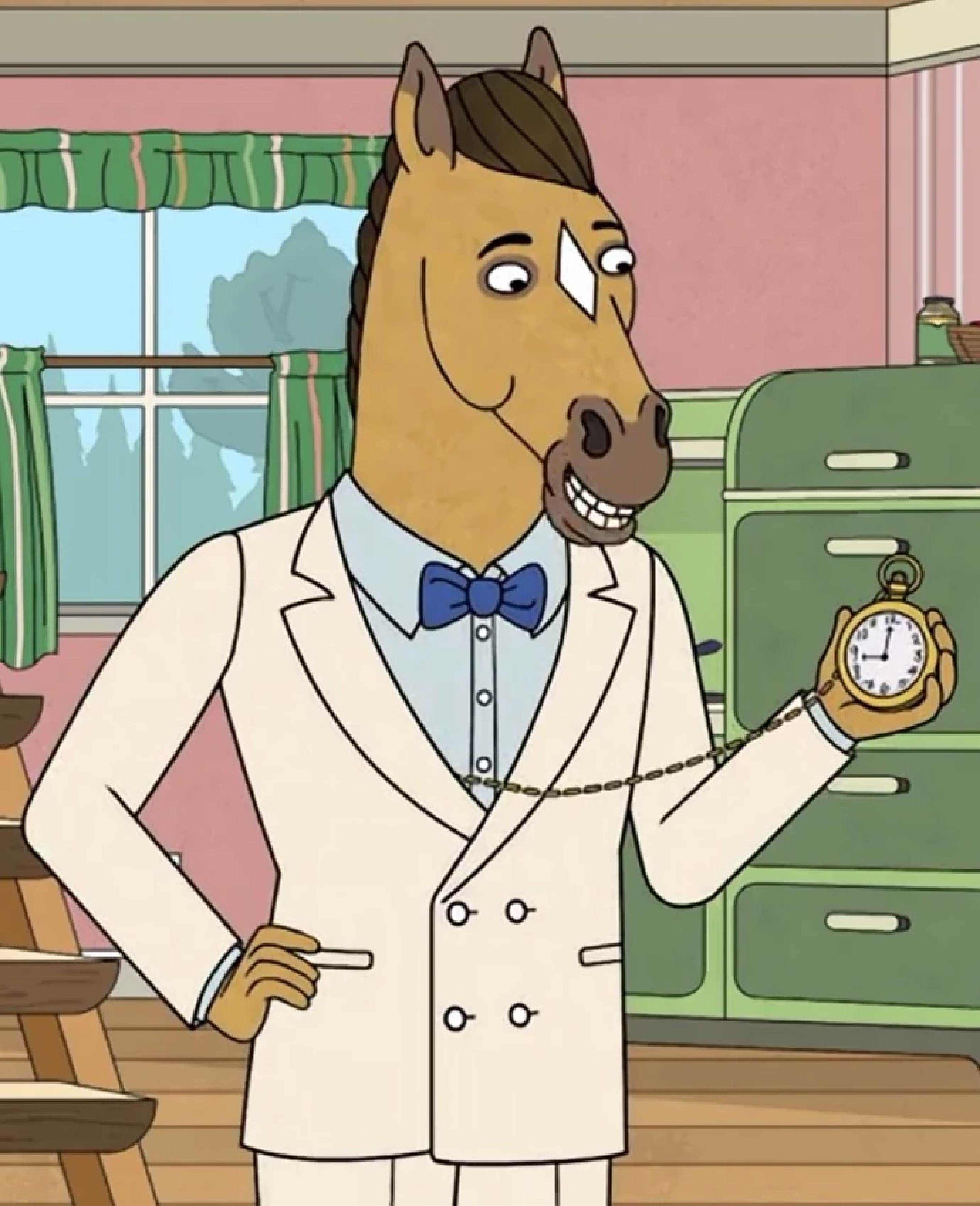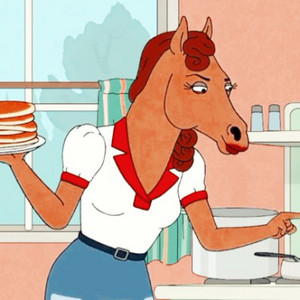Notable Character(s)

Crackerjack Sugarman
Beatrice Horseman's older brother, BoJack's uncle, and the eldest son of Joseph and Honey Sugarman, who died in World War II when Beatrice was very young. He died in December 1944. He later appears at the end of the series as one of the many deceased people BoJack sees in his hallucination with whom he ecstatically meets while in his hallucination following his near-death experience. During the theatrical show scene in BoJack's hallucination, he plays the trumpet for Beatrice while she does an acrobatic routine.

Crackerjack Sugarman
Was Beatrice's father and BoJack's maternal grandfather, the owner of the Sugarman Sugar corporation. Emotionally distant, he frequently spouted his backward views about women, making Beatrice feel insecure and inadequate (for which she compensates with cruelty as an adult).

Honey Sugarman
Was Beatrice's mother and BoJack's maternal grandmother. She was a housewife and exceptional singer, but suffered from post-traumatic stress disorder after her son, Crackerjack Sugarman, was killed in World War II. After she got drunk and made a scene while out with young Beatrice and forced her to drive home, and the resultant car accident, her husband had her lobotomized.